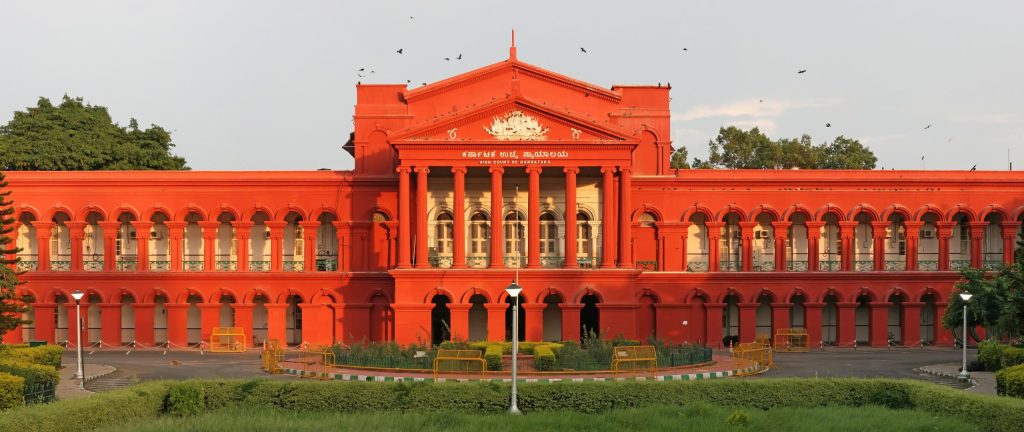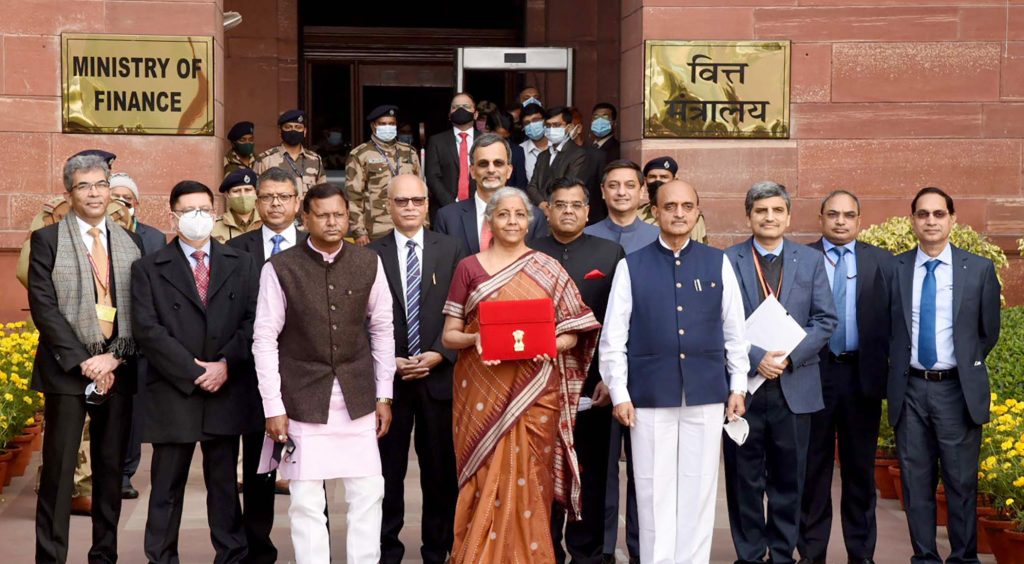Now Reading: Analysis: A Balance Between the National Interest and Human Rights – Rohingya Crisis in India
-
01
Analysis: A Balance Between the National Interest and Human Rights – Rohingya Crisis in India
Analysis: A Balance Between the National Interest and Human Rights – Rohingya Crisis in India
Statelessness, as a political and a psychological issue, is a global challenge of 21st century. The Universal Declaration of Human Rights states, ‘Everyone has the right to a nationality’ (Art. 15), despite which, the actions of several states that are party to this important charter are, contrary to the principles enshrined in it. In 2015, the United Nations High Commissioner for Refugees (UNHCR) estimated that over 10 million people in the world are stateless. Among them, the world’s largest group is the Rohingya refugees of Myanmar, which is estimated to be nearly 8 million in number. Reports of persecution and poor living conditions of Rohingya are in public domain. The crisis garnered international political attention which led to the successful passage of a resolution of the United Nations General Assembly in December 2014 asking Myanmar to resolve the issue at the earliest. But the resolution was rejected by the Myanmar’s government. More number of Rohingya refugees are fleeing Myanmar every day fearing persecution and due to economic impoverishment, thus becoming the world’s most persecuted community as well. The reason behind this condition is the passage of Burmese Citizenship Act of 1982 which denied citizenship to Rohingyas.
This resulted Rohingyas to flee in large numbers to nearby countries namely Bangladesh, India and various other neighbouring countries. Bangladesh hosts the most number of Rohingyas even though the country has the low economic growth. India stands 2nd in the row of hosting Rohingya Refugees. There are about 40,000 (app.) Rohingya Refugee in India. The Indian Government wants to Deport them posing as a threat to the internal security. Here are the top 5 reasons why India wants to deport Rohingyas back to their country.
- The continued stay of Rohingyas, who number about 40,000 in India, has serious national security ramifications.
- The government has security inputs indicating links of Rohingya refugees with Pakistan’s ISI, the Islamic State and other extremist’s groups that want to spread communal and sectarian violence in India. Rohingyas with militant background are also found to be very active in Jammu, Delhi, Hyderabad and Mewat.
- The Rohingyas are indulging in illegal/anti-national activities i.e. mobilisation of funds through hundi/hawala channels, procuring fake/fabricated Indian identity documents such as PAN and voter ID cards for other Rohingyas and also indulging in human trafficking.
- The fragile north-eastern corridor may become further destabilised in case of stridency of Rohingya militancy, which the Central government has found to be growing, if permitted to continue.
- There is also a serious possibility of violence erupting against the Buddhists, who are Indian citizens and live in the country, by the radicalised Rohingyas.
Present status of Rohingyas:
According to United Nations High Commission for Refugees (UNHCR), more than 3 lakh Rohingya Muslims have fled Myanmar since August 25 when the latest phase of violence broke out in the Rakhine province of the country.
Earlier in May this year, the UNHCR stated that about 1,68,000 Rohingyas had fled Myanmar since 2012, when clashes with Buddhists erupted in the trouble-torn Arakan region. Over 40,000 of those Rohingyas, who fled Myanmar, have entered India illegally , according to government’s estimate.
The Narendra Modi government is concerned over Rohingyas’ stay in India for security regions. In its affidavit to the Supreme Court, the government said that some of the Rohingyas with militant background were found to be very active in Jammu, Delhi, Hyderabad and Mewat. They have been identified as having a very serious and potential threat to the internal and national security of India, the Centre told the Supreme Court.
Supreme Court’s Stand on this Issue:
October 13,2017:
The Supreme Court on October 13,2017 deferred the deportation of Rohingya Muslim refugees from India till its next hearing on November 21,2017 and said there is not an “iota of doubt” that a humanitarian approach should be taken on the matter.
In a strongly-worded observation, the Supreme Court reminded the government that it has multiple responsibilities and must balance national and humanitarian values. It said the Rohingya Muslims issue is of great magnitude and the state has a big role to play.
“The Constitution is based on humanitarian values. The state has a multi-pronged role. While national security and economic interests need to be secured, innocent women and children cannot be ignored,” the apex court said. Deferring the matter to November 21,2017 the Supreme Court, however, allowed the Rohingya petitioners to approach it in case of any contingency. Earlier, the Centre in an affidavit had termed Rohingya refugees as “illegal” immigrants and said some of them were part of a “sinister” design of Pakistan’s ISI and terror groups such as the ISIS, whose presence in the country will pose a “serious” national security threat.
Ravi Nair of the South Asia Human Rights Documentation Centre told Al Jazeera that the Modi government “suffers from Islamophobia and it sees in every Muslim a potential terrorist. It is not following the main thrust of the fundamental rights chapter of the Indian constitution. Article 21 of the Indian constitution clearly says that right to life is available to both nationals and non-nationals,” he said.
November 21, 2017:
The Supreme Court on November 21,2017 deferred its hearing in the case seeking directions against Centre’s move to deport Rohingya Muslims to December 5, 2017. The petition has been filed by two refugees. During its earlier hearing, the SC said there was a need to strike a balance between national interests and human rights. The three-judge bench, led by Chief Justice Dipak Misra and comprising Justices A M Khanwilkar and D Y Chandrachud, said, “It is a large issue. An issue of great magnitude. Therefore, the state has a big role. The role of the state in such a situation has to be multipronged.”
December 5, 2017:
The Supreme Court on 5 December, 2017 stated that it will be adjourning the Rohingya deportation hearing to 31 January 2018. The apex court was expected to resume the hearing of the petition filed by two Rohingya Muslim immigrants, which challenge the Centre’s decision to identify and deport Rohingya Muslims back to Myanmar. The Supreme Court had deferred the matter last month and scheduled it for 5 December upon the request of Fali S Nariman, a senior advocate who had appeared for the two refugees in question – Mohammad Salimullah and Mohammad Shaqir.
January 21, 2018:
The Supreme Court on January 21, 2018 asked the Centre to respond to a fresh plea by two Rohingya refugees, alleging that the BSF was using “chilli and stun grenades” to stop the refugees from entering India. A bench headed by Chief Justice Dipak Mishra granted four weeks to the Centre to file its response to the interim application by the two Rohingya refugees, alleging that Border Security Force (BSF) was forcefully restraining fresh
refugees, including children, disabled persons and pregnant women, from entering the Indian side. The two refugees had earlier approached the top court against the government’s decision to deport Rohingya Muslims to Myanmar. The bench, which also comprised Justices A M Khanwilkar and D Y Chandrachud, said “an interlocutory application has been filed by counsel for the petitioners in Writ Petition … A copy of the said application has been served on the assisting counsel to Tushar Mehta, Additional Solicitor General (ASG) appearing for Union of India. The ASG shall file a response to the said application within four weeks. List the matters on March 7.”
During the brief hearing, lawyer Prashant Bhushan, appearing for Mohammad Salimullah and Mohammad Shaqir, alleged that the BSF was pushing back hapless refugees through “inhumane and degrading treatment” and in clear violation of “the non refoulement principle of customary international law”.
Conclusion and Suggestions:
The next hearing on a fresh plea filed by the Rohingya Refugee to be heard on March 5, 2018. It is suggested that Deportation of Rohingya Muslim is Constitutionally wrong according to Article 21 of Indian constitution which implies “Right to Life and personal Liberty”. Since India is also signatory to UDHR 1948, which greatly implies in Article 15 (1) on “Everyone has the Right to Nationality” which will be greatly infringed by India if they Deport Rohingyas.
References:
- https://www.hindustantimes.com/india-news/here-are-the-top-5-reasons-why-the-indian-govt-wants-to-deport-rohingya-refugees/story-vMAZ3c2X6x6WyIJV8m2NgP.html
- https://www.aljazeera.com/news/2017/10/rohingya-deportation-supreme-court-hears-arguments-171003084257495.html
- https://www.indiatoday.in/india/story/rohingya-muslims-refugee-crisis-myanmar-india-supreme-court-security-humanitarian-values-1064032-2017-10-13
- https://www.thequint.com/news/india/sc-defers-hearing-on-rohingya-deportation
Author: Suba Yoga Sekar, Asst Editor at Legal Desire








